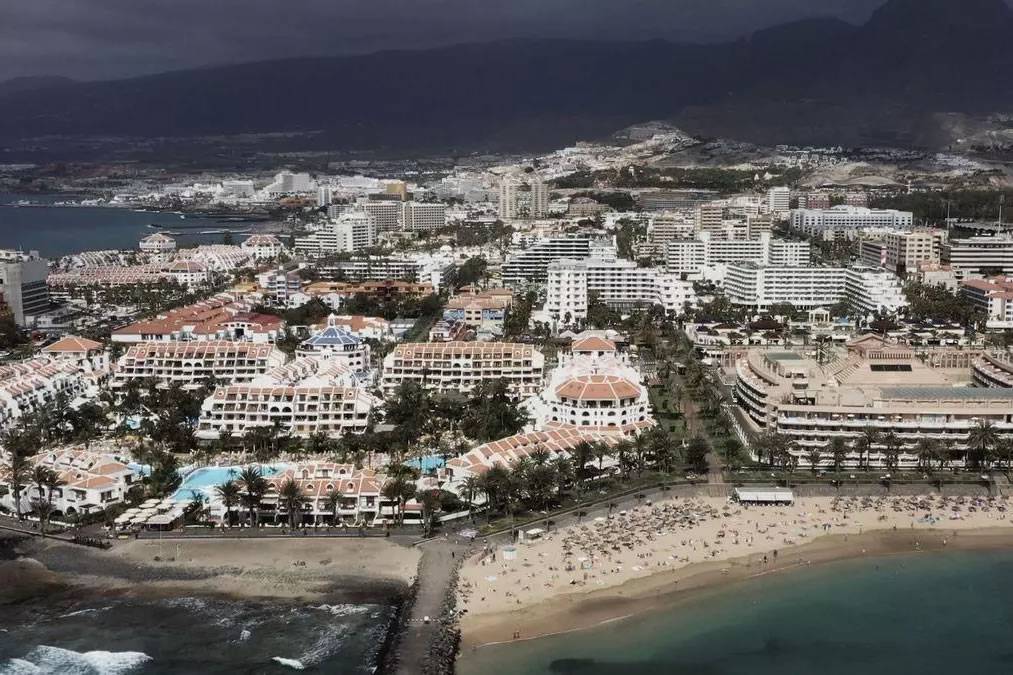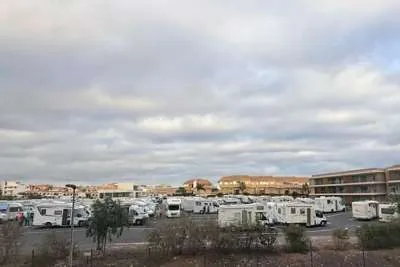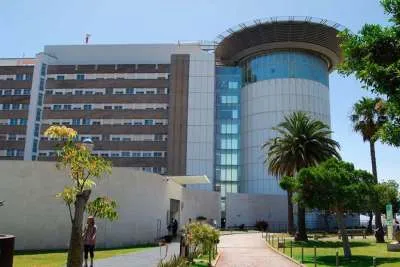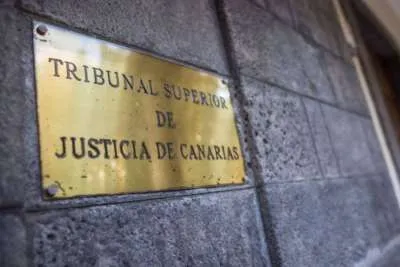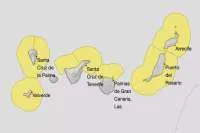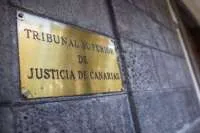Canary Islands Parliament calls for investigation into hotel acquisitions by investment funds
- 12-06-2025
- Business
- Canarian Weekly
- Photo Credit: Efe
The Canary Islands Parliament has unanimously called on the regional government to commission a study into the growing trend of hotel acquisitions by investment funds, amid concerns over the long-term impact on employment, wages, and the local economy of the archipelago.
The motion, tabled by PSOE party MP Manuel Hernández Cerezo, highlights a sharp rise in such takeovers since 2008, a trend he describes as unfolding “silently, yet at a dizzying pace.” Over the last five years alone, investment funds have acquired more than 100 hotels across the archipelago, representing approximately 40,000 beds.
Cerezo warned the chamber that 73% of hotel investment over this period has come from these funds, with acquisitions topping €3.2 billion since 2020 and total investment estimated between €4 billion and €5 billion. In 2024 alone, the figure surpassed €600 million.
“These are not productive, long-term investments. They’re speculative, designed to extract rapid returns,” he told fellow councillors, warning that such ownership structures can threaten job security, suppress wages, and result in profits flowing out of the islands.
He added: “The goal of these funds is to service debt and maximise return. That can lead to collateral damage such as unstable jobs, downward pressure on pay, and ultimately, a threat to local prosperity.”
Cerezo also cautioned that if an economic downturn hits, these funds could exit the market as quickly as they entered, leaving behind shuttered hotels and unemployment.
Despite these warnings, the motion received cross-party support, though not without some pushback on the tone of the debate.
Coalición Canaria’s José Miguel Barragán supported the study but urged against “alarmism,” arguing that wages in the hotel sector are governed by collective bargaining agreements, which are negotiated by operating management companies, not necessarily the property owners.
“There is no evidence that investment funds are interfering in wage agreements,” Barragán said.
David Morales of the People’s Party echoed this sentiment, rejecting what he described as “aggressive rhetoric,” adding: “We cannot portray investment funds as if they were Ali Baba and the Forty Thieves.”
He pointed out that many of these funds invest in upgrading hotels to higher categories, which can actually lead to better pay, higher tourist spending, and increased tax revenue.
While there was broad agreement on the need for further analysis, MPs remain divided on how to interpret the rise of financial capital in the tourism sector, a crucial pillar of the Canary Islands’ economy. The requested study is expected to inform future policy decisions on how to manage and regulate investment activity in the region’s hospitality industry.
Other articles that may interest you...
Trending
Most Read Articles
Featured Videos
TributoFest: Michael Buble promo 14.02.2026
- 30-01-2026
TEAs 2025 Highlights
- 17-11-2025


